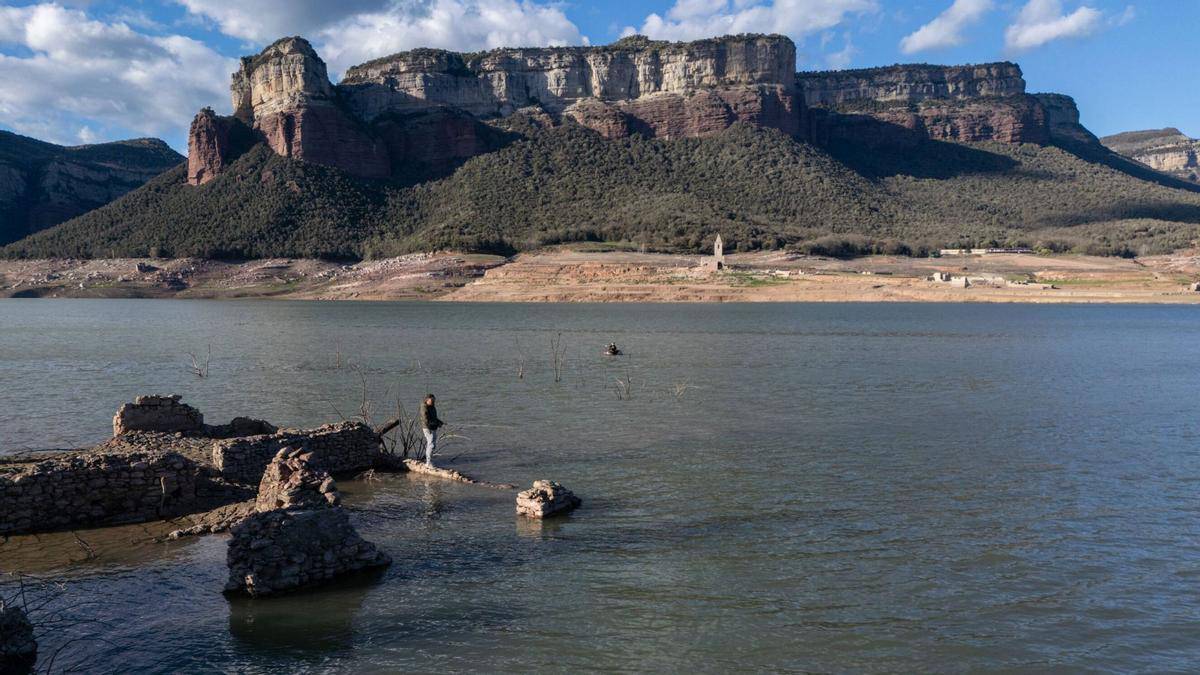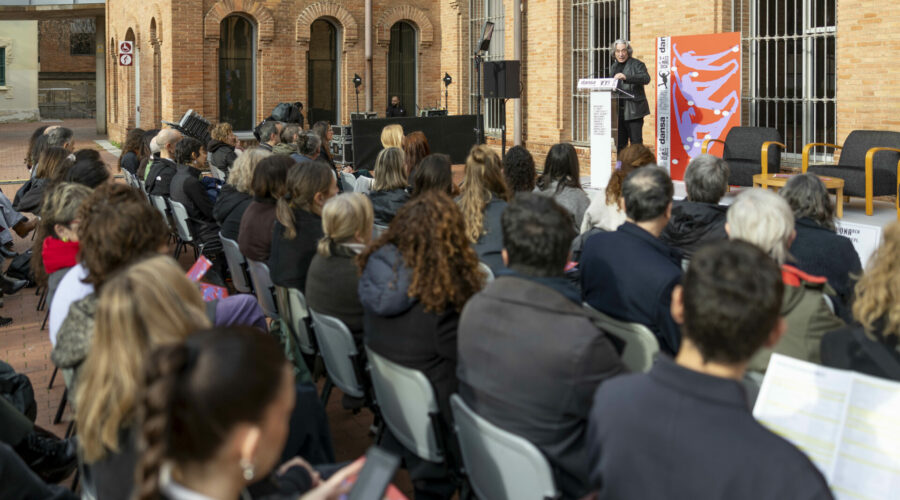After months of concern due to the drought, Barcelona finally sees a light at the end of the tunnel with the arrival of the recent rains. Thanks to this rainfall, the level of water reserves in the Ter-Llobregat area has increased to 24.8%, which has led the authorities to move from an emergency to an exceptional water management scenario.

Starting next week, a series of measures will be implemented to reflect this change in the situation.
Due to drought, Aena prohibits washing cabs with drinking water at El Prat
These measures, which will be published in the Official Gazette of the Generalitat de Catalunya, include adjustments in the water allocation per inhabitant per day, as well as reductions in water consumption in several sectors and specific prohibitions to conserve this vital resource.
New measures for water management in Barcelona
In the new exceptional scenario, the water allocation per inhabitant per day will increase to 230 liters, compared to 200 liters during the emergency. This measure provides additional leeway for daily water use, allowing citizens greater flexibility in their daily activities.
Water circularity as an advanced model in Barcelona
In addition, minimum environmental flows in rivers will be reestablished, which will ensure better conservation of biodiversity in these aquatic ecosystems. This measure is crucial to protect natural habitats and promote the health of river ecosystems in the region.
As for reductions in water consumption, they will be applied in various sectors, such as agriculture, industry and recreational uses. For example, the agricultural irrigation allocation will be reduced to 40%, while in industry it will be reduced to 15% of water consumption. These measures seek to optimize water use and promote more sustainable practices in all sectors of society.
Barcelona activates drought emergency plan to transport water in boats
Regarding water use in agriculture, the agricultural irrigation allocation is reduced to 40% or the substitution of part of the flows with reclaimed water is allowed. This measure seeks to promote more sustainable agricultural practices and reduce pressure on available water resources.
In the industrial sector, a 15% reduction in water consumption is established, while in recreational uses, 15% reductions are applied in uses similar to urban uses and 50% in irrigation. These measures seek to balance the needs of different economic sectors with the limited availability of water.
In view of the drought, works are promoted in the Besòs Drinking Water Treatment Plant.
Some prohibitions
In addition, specific prohibitions have been established to conserve water, such as the prohibition of irrigation of gardens and green areas, except in cases of irrigation for the survival of trees or plants. The cleaning of streets, sewers and pavements with potable water is also prohibited, and the filling of private and public swimming pools is restricted.
These measures seek to ensure a more efficient and responsible use of water.



